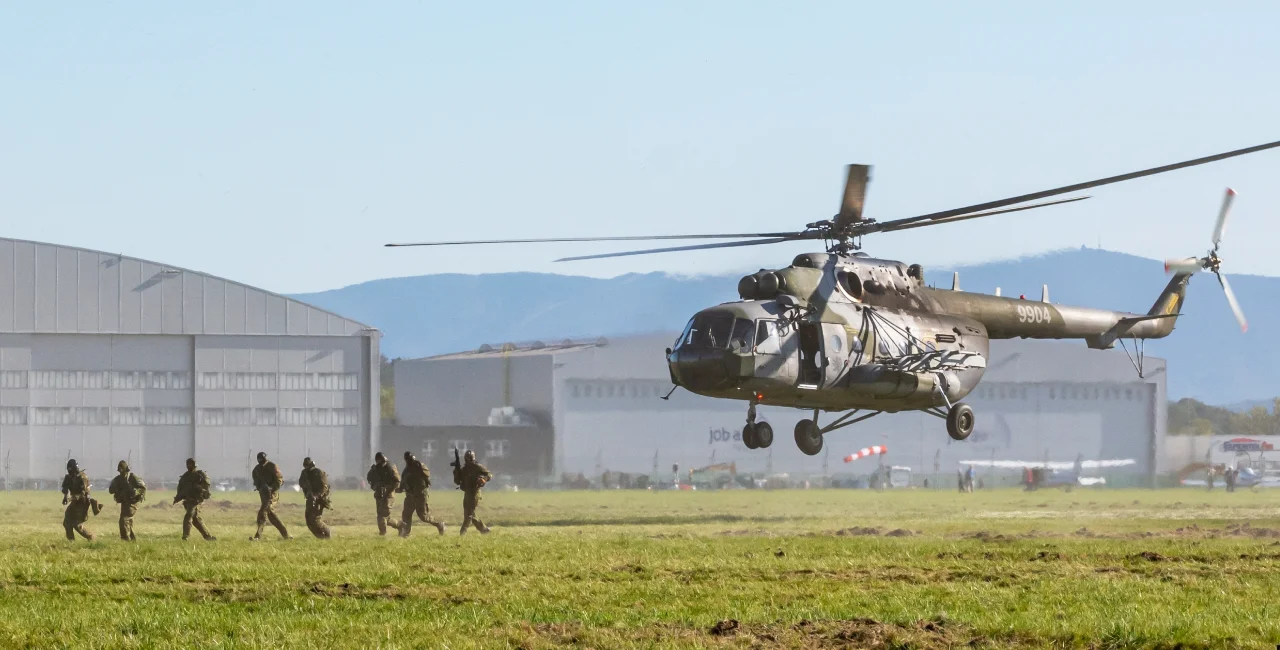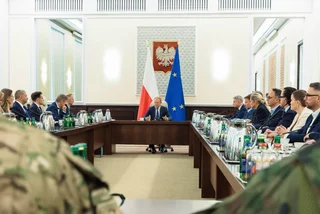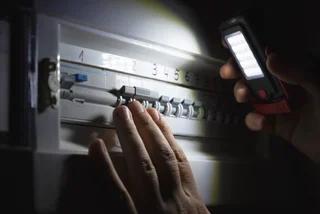Czechia is sending a special operations helicopter unit with three Mi-171Š helicopters and up to 150 troops to Poland within hours, defense minister Jana Černochová said Sunday afternoon. The deployment, lasting up to three months, is intended to strengthen NATO’s eastern flank amid rising regional security concerns.
The move follows reports that Russian drones violated Polish airspace 19 times overnight Wednesday, prompting NATO members to bolster defenses along the alliance’s eastern border. Officials said the Czech contingent will operate in coordination with ongoing NATO measures to protect allied territory.
PARTNER ARTICLE
Černochová confirmed the deployment falls under a mandate approved by the Czech Parliament in 2024, valid through 2026. “The helicopters should reach Polish territory within hours and begin operations in the coming days,” she said, emphasizing the mission is part of the alliance’s forward presence strategy.
Regional tensions and implications
The drone incursions have raised alarms across Europe. Poland temporarily closed airspace above Lublin and scrambled fighter jets, while Romania deployed two F-16s after a separate airspace violation near the Ukrainian border.
NATO Secretary-General Mark Rutte announced Operation Eastern Sentry to strengthen the alliance’s eastern defenses, though Czechia is not yet participating directly.
Czech Foreign Minister Jan Lipavský described the drone incidents as further "provocations by Russia against NATO,” underscoring the need for vigilance. Černochová said the operation mainly involves countries with advanced air defense systems, with Czech forces supporting the alliance’s broader security posture.
While the deployment occurs outside Czech borders, officials advise residents to expect increased military alerts, occasional airspace restrictions, and heightened security measures at transport hubs.
Some municipalities are reviewing emergency preparedness protocols, and authorities stress that no immediate threat to civilian life has been reported.
Wider perspective and future steps
The Czech deployment is part of a wider NATO effort to deter Russian encroachments in Eastern Europe. Analysts note that tensions over airspace violations and drone activity have become a persistent security concern for countries bordering Ukraine.
Authorities will provide updates as the operation progresses and have urged citizens to follow official guidance for security updates. NATO has stated that Eastern Sentry will continue to adapt to evolving threats.
Officials noted that if the security situation in Poland or along NATO’s eastern flank worsens, any extension or expansion of Czech troop involvement would need formal approval from both the Chamber of Deputies and the Senate.
This ensures that Czech parliament maintains oversight of overseas military operations and that any new mandate aligns with national legal and strategic frameworks.













 Reading time: 2 minutes
Reading time: 2 minutes 





























